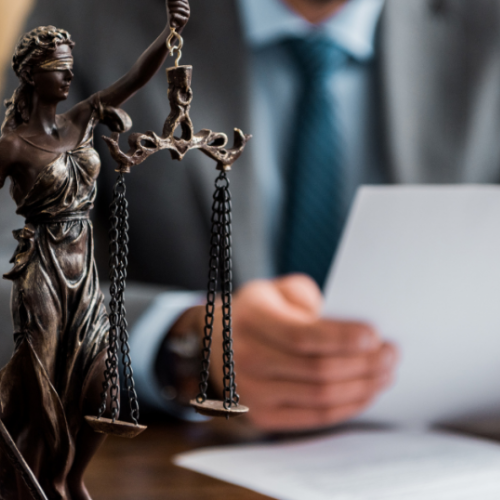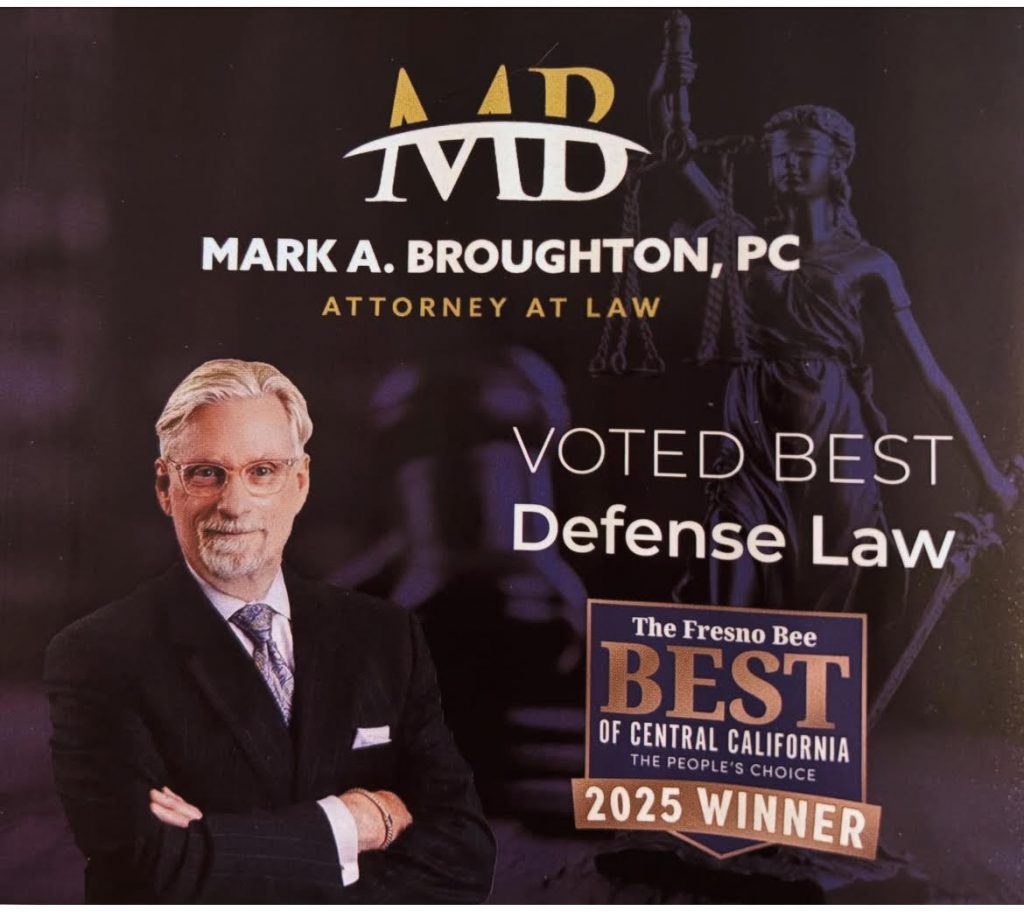10 Common Misconceptions About Criminal Defense Lawyers (And the Truth Behind Them)
Public perception of criminal defense lawyers is often filled with myths and misunderstandings. From courtroom drama portrayed in TV shows to personal biases about the legal system, these misconceptions can distort the critical role criminal defense lawyers play in ensuring justice. For those facing criminal charges or their families, understanding what defense lawyers truly do can bring clarity and peace of mind during challenging times.
This article will debunk 10 common misconceptions about criminal defense lawyers and shed light on their essential role in protecting legal rights, regardless of guilt or innocence.
Misconception 1: Criminal defense lawyers only represent guilty people
The Truth: Every day a person is accused of a crime they did not commit. Every individual is entitled to a defense under the law.
One of the most pervasive myths is that criminal defense lawyers only work with guilty individuals. However, the U.S. legal system is built on the presumption of innocence, meaning everyone is considered innocent until proven guilty. Defense attorneys ensure that this fundamental principle is upheld and that everyone receives their fair day in court. Their role is to safeguard constitutional rights, scrutinize evidence, and ensure due process—even for the falsely accused.
Misconception 2: Hiring a defense lawyer makes you look guilty
The Truth: Seeking legal counsel is a smart precaution.
Hiring a lawyer is not an admission of guilt but simply a step toward protecting your rights. The legal system is complex, and navigating it without expertise can lead to missteps. Defense lawyers help clients understand their options, communicate clearly with law enforcement, and avoid costly mistakes, all while advocating for their best interests.
Misconception 3: Lawyers are only in it for the money
The Truth: Ethical obligations guide lawyers’ work, beyond financial motivation.
While criminal defense is a paid profession, most defense attorneys are deeply committed to justice and fairness. They work under a strict code of ethics and derive their fulfillment from ensuring that the accused are treated fairly within the legal framework. Many even take on pro bono or lower-fee cases to assist those who cannot afford representation.
Misconception 4: A lawyer can guarantee the outcome of your case
The Truth: No lawyer can promise specific results.
Experienced lawyers may offer insights, probabilities, or a well-thought-out strategy, but any lawyer guaranteeing an outcome is misleading you. Legal decisions are made by judges or juries, and cases can take unexpected turns. A good lawyer provides realistic expectations and works tirelessly for the best possible outcome, not false promises.
Misconception 5: Legal representation is only needed during a trial
The Truth: A lawyer’s role begins long before trial.
Many assume defense lawyers are solely courtroom advocates, but the truth is that much of their work unfolds before the trial. Defense attorneys assist with pre-trial investigations, gather evidence, negotiate plea deals, and even work to have charges reduced or dismissed before a case sees a judge. Their involvement from the outset ensures that every legal avenue is explored.
Misconception 6: Public defenders are less competent than private lawyers
The Truth: Public defenders are skilled professionals, often working with limited resources.
While public defenders may face heavy caseloads that limit personalized attention, they are highly trained and experienced in criminal law. They often handle a vast number of cases, giving them deep familiarity with specific types of charges and court systems. Both private attorneys and public defenders have unique strengths, and the choice depends on personal circumstances, complexity of the case, and resource availability.
Misconception 7: Innocent people don’t need legal representation when talking to police
The Truth: Even innocent people can incriminate themselves inadvertently.
Self-representation can be risky, especially during police questioning. Law enforcement officers are trained in interrogation techniques that sometimes lead individuals to contradict themselves or unknowingly admit guilt. A defense lawyer ensures that your rights are protected and that any statements you provide are presented accurately without misinterpretation.
Misconception 8: Lawyers are always aggressive and confrontational
The Truth: Attorneys adapt their approach to suit individual cases.
Not every criminal defense lawyer uses the “aggressive courtroom” tactics often depicted in movies. Skilled lawyers vary their strategies based on the client’s needs and the details of the case. Some focus on negotiation and diplomacy, while others excel at litigation. The best lawyers align their approach to achieve the optimal outcome for their client.
Misconception 9: Hiring a criminal defense lawyer is too expensive
The Truth: Quality legal representation is an investment in your future.
It’s true that private legal defense can be costly, but it’s also worth considering the risks of inadequate representation. Poor defense might lead to longer sentences, heavier fines, or lasting legal consequences that could cost far more in the long term. Many lawyers offer payment plans or sliding scale fees to make their services accessible to those in need.
Misconception 10: Once charges are filed, legal help can’t make a difference
The Truth: Legal advocacy continues before, during, and after trial.
The work of defense lawyers doesn’t stop after charges are filed. They are involved every step of the way—from pre-trial motions to trial proceedings, sentencing, and appeals. Even after a conviction, attorneys may work to reduce sentences or file for post-conviction relief, providing continuous advocacy for their clients.
Why Clarity Matters in Criminal Defense
Understanding the true role of criminal defense lawyers is crucial—not only for those facing charges but also for their families and communities. Accurate knowledge helps individuals make informed decisions, reducing anxiety and ensuring a fair process.
If you or someone you know is in need of legal representation, don’t leave it to chance. Consult with an experienced criminal defense lawyer to protect your rights and secure the best possible outcome. Mark Broughton has the expertise and dedication needed to guide you through this process and protect your interests.
Knowing how to move forward with confidence can make all the difference. Contact Mark today.




